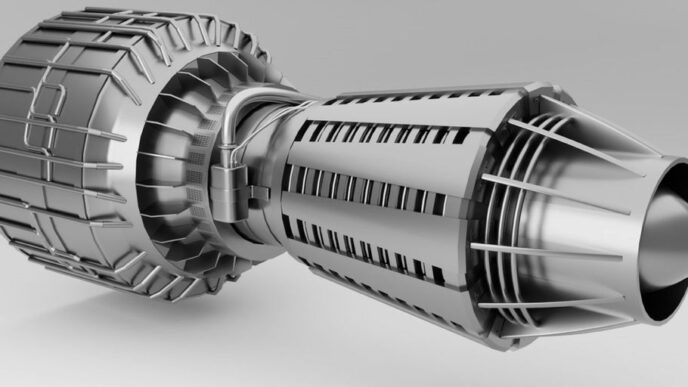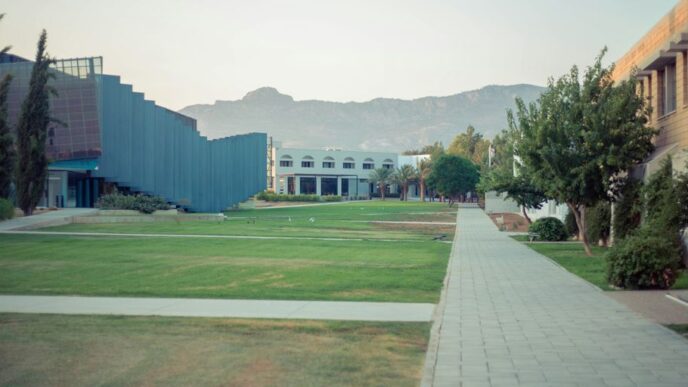The Smart Lock Market is not just evolving; it’s revolutionizing the way businesses operate and consumers interact with technology. From enhancing security to integrating seamlessly into smart homes and offices, smart locks are redefining our daily interactions with spaces. As innovation surges and new applications emerge, the Smart Lock Market is set to reshape industries worldwide. Dive into this comprehensive report to explore the current market dynamics, growth opportunities, key players, and the challenges that lie ahead.
Why Smart Locks Are Taking Over
The Smart Lock Market is experiencing explosive growth, driven by technological advancements and rising consumer demand for convenience and security. The market’s dynamic nature, fueled by strategic investments and innovation, has propelled it into a phase of rapid expansion. Key industries like manufacturing, healthcare, and finance are among the many sectors reaping the benefits of smart lock integration.
Get ahead of the curve: [Download the full market overview]
Market Size and Growth: A Snapshot
The Smart Lock Market was valued at USD 1,861.15 million in 2019 and is projected to skyrocket to USD 4,962.32 million by 2031, growing at an impressive CAGR of 11.5% from 2024 to 2031. This growth is not just about numbers—it’s about the transformative impact these technologies will have on our world.
The Forces Driving Market Growth
- Technological Innovations: Emerging technologies such as AI, IoT, and blockchain are unlocking new possibilities, enabling smart locks to be more secure, efficient, and user-friendly.
- Rising Consumer Demand: With security and convenience at the forefront, consumers are pushing companies to innovate faster and smarter.
- Strategic Investments: Tech giants and startups are collaborating, pouring capital into new developments that are propelling the market forward.
- Government Support: Regulations and policies favoring smart technology adoption are helping pave the way for widespread market growth.
Who’s Leading the Charge? Key Players in the Market
From established industry leaders to innovative disruptors, the competitive landscape of the Smart Lock Market is buzzing with activity. Major players include August Home Inc., ASSA ABLOY AB, Kwikset Corporation, Samsung Group, and Yale Locks & Hardware, among others. Each is contributing to the market’s evolution through cutting-edge technology and strategic partnerships.
Challenges: What’s Holding the Market Back?
Despite its rapid growth, the Smart Lock Market faces hurdles that could slow its momentum:
- Technological Barriers: Issues like data security and interoperability are persistent challenges.
- Regulatory Complexities: Navigating different regulations across regions adds cost and complexity.
- High Initial Costs: The upfront investment for adopting smart lock technology can be prohibitive for smaller businesses.
Emerging Trends to Watch
The Smart Lock Market is on the cusp of exciting developments:
- AI Integration: Smart locks are getting smarter, with AI enhancing everything from predictive maintenance to personalized access control.
- Sustainability: A growing emphasis on eco-friendly solutions is pushing companies to innovate sustainably.
- Personalization: As consumers demand more tailored experiences, businesses are focusing on custom solutions that fit specific needs.
Looking Ahead: Opportunities in the Smart Lock Market
The future of the Smart Lock Market is bright, with opportunities spanning across smart cities, autonomous vehicles, and beyond. To stay ahead, businesses must invest in R&D, embrace new technologies, and adapt to the evolving market landscape. The next wave of smart lock innovations promises to be even more transformative.
Conclusion: The Next Frontier in Smart Technology
As smart locks continue to evolve, they are not just a product—they’re a movement, shaping the future of security, convenience, and automation. Companies that invest in innovation today will be the leaders of tomorrow. Don’t miss your chance to be part of this transformation.
Contact:
Mr. Jagraj Singh
Skyquest Technology
1 Apache Way, Westford, Massachusetts 01886
USA (+1) 351-333-4748
Visit Our Website: www.skyquestt.com













